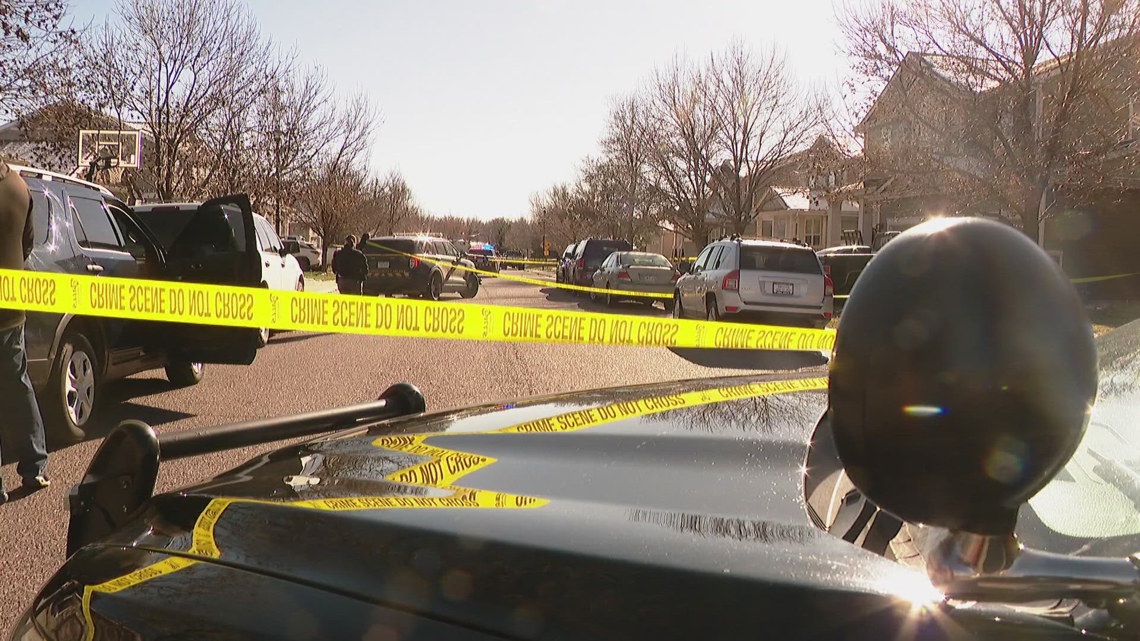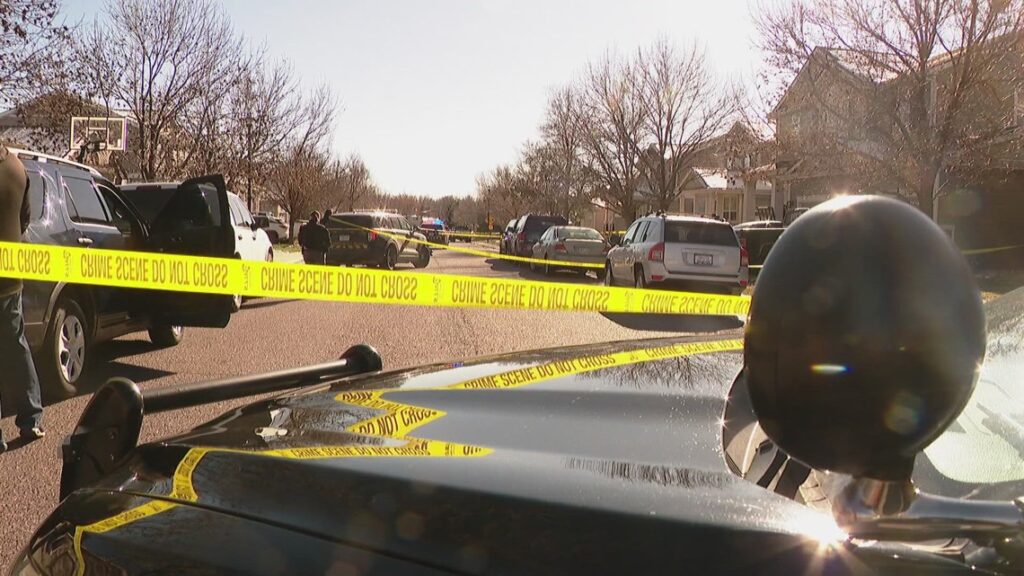
After 91 deaths in 2021 and 94 in 2022, the number fell to 58 last year. Advocates say the number of nonfatal incidents continues to climb.
COLORADO, USA — Domestic violence deaths in Colorado plunged statewide in 2023 after spiking during the pandemic, according to a report made public Tuesday.
After 91 deaths in 2021 and 94 in 2022, last year saw 58 people die in domestic violence incidents.
Natasha Adler of SafeHouse Denver, a nonprofit agency that serves domestic violence survivors, said the drop in the number of deaths “is really surprising to me.”
That’s because at the same time those deaths went down, the total number of domestic violence incidents continued to climb.
“I think it’s a win that fatalities have gone down, but we also just need to still be aware as a community that this is something that’s very, very real in our everyday lives – and that we need to keep an eye out for it regardless,” Adler said.
Colorado Attorney General Phil Weiser (D) agreed. He chairs the Colorado Domestic Violence Fatality Review Board, created by the state legislature in 2017, that compiles annual reports.
“It’s important to note that domestic violence didn’t go down in 2023, but domestic violence fatalities went down,” Weiser said.
There were also other findings that should cause concern, he said.
For instance, the report noted that in going through the deadly domestic violence cases, 80% of them involved victims who had not previously made police reports or gone to the courts.
“That shows how many people suffer in silence and that too many people aren’t getting protected before it’s too late,” Weiser said.
SafeHouse Denver’s Adler said there are a lot of reasons people don’t report abuse – such as the inability to afford housing if they end a relationship, fears about how they’ll be viewed if they seek help, and even a lack of understanding that of what constitutes domestic violence.
“They don’t know that there are people who will not judge them or don’t really care if they’re experiencing substance abuse or have a criminal record themselves,” Adler said. “Those things don’t play into how we serve a domestic violence survivor… Additionally, what we’re seeing a lot of is that survivors do not know what abusive relationships look like, and alternatively what healthy relationships look like.”











More Stories
University of Denver hosted free, public conversation on media and democracy with Kyle Clark
Next Question: Where will fans park when new development replaces Ball Arena parking lots?
Troopers sending warning messages to truck drivers’ cabs about dangerous driving in the mountains